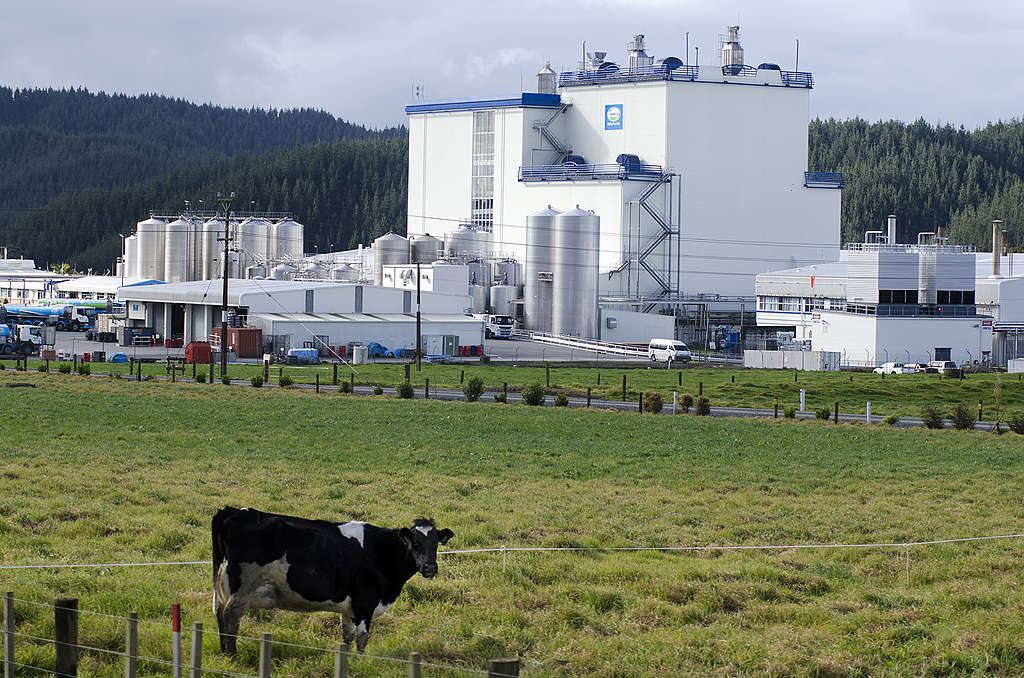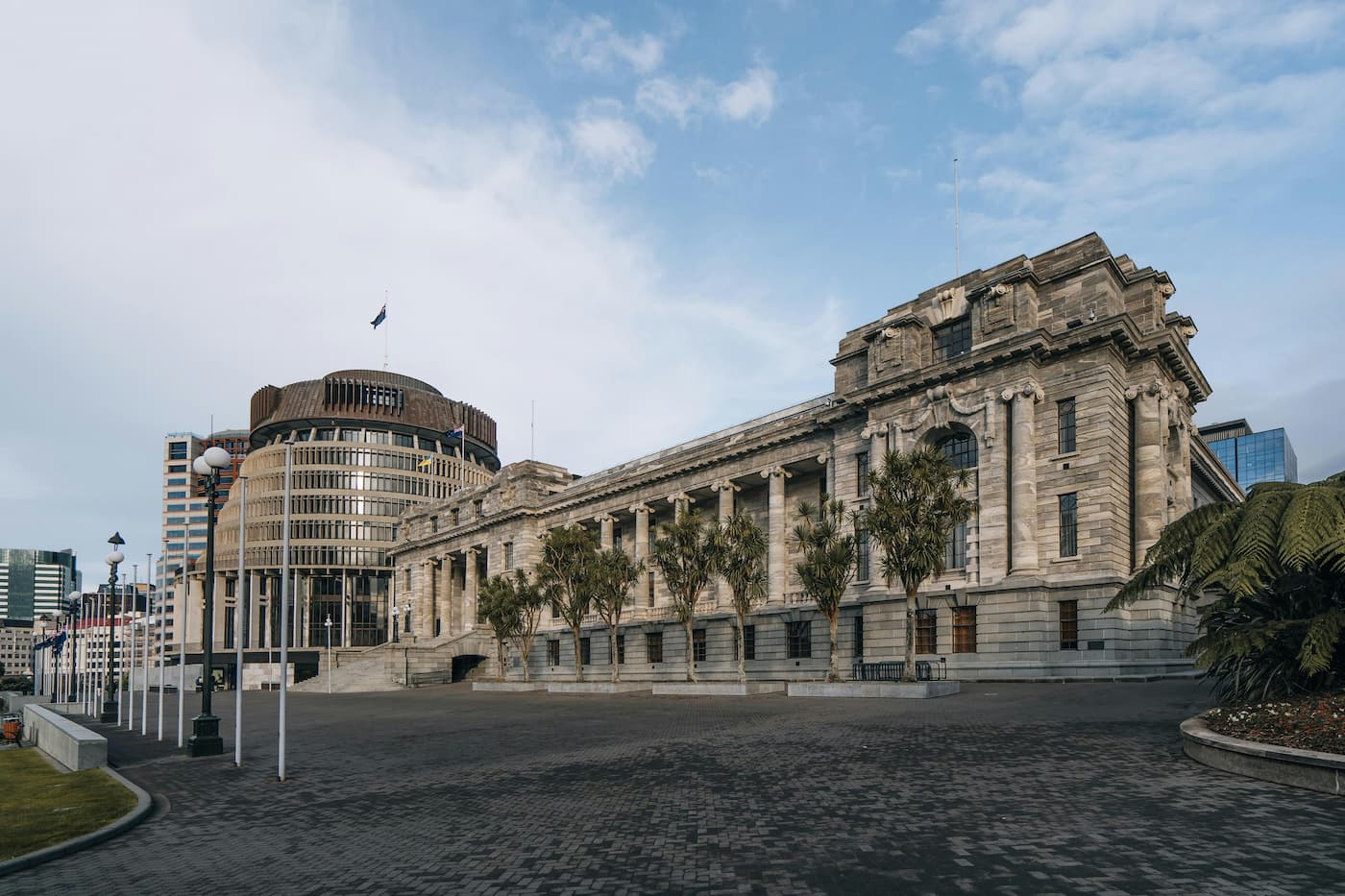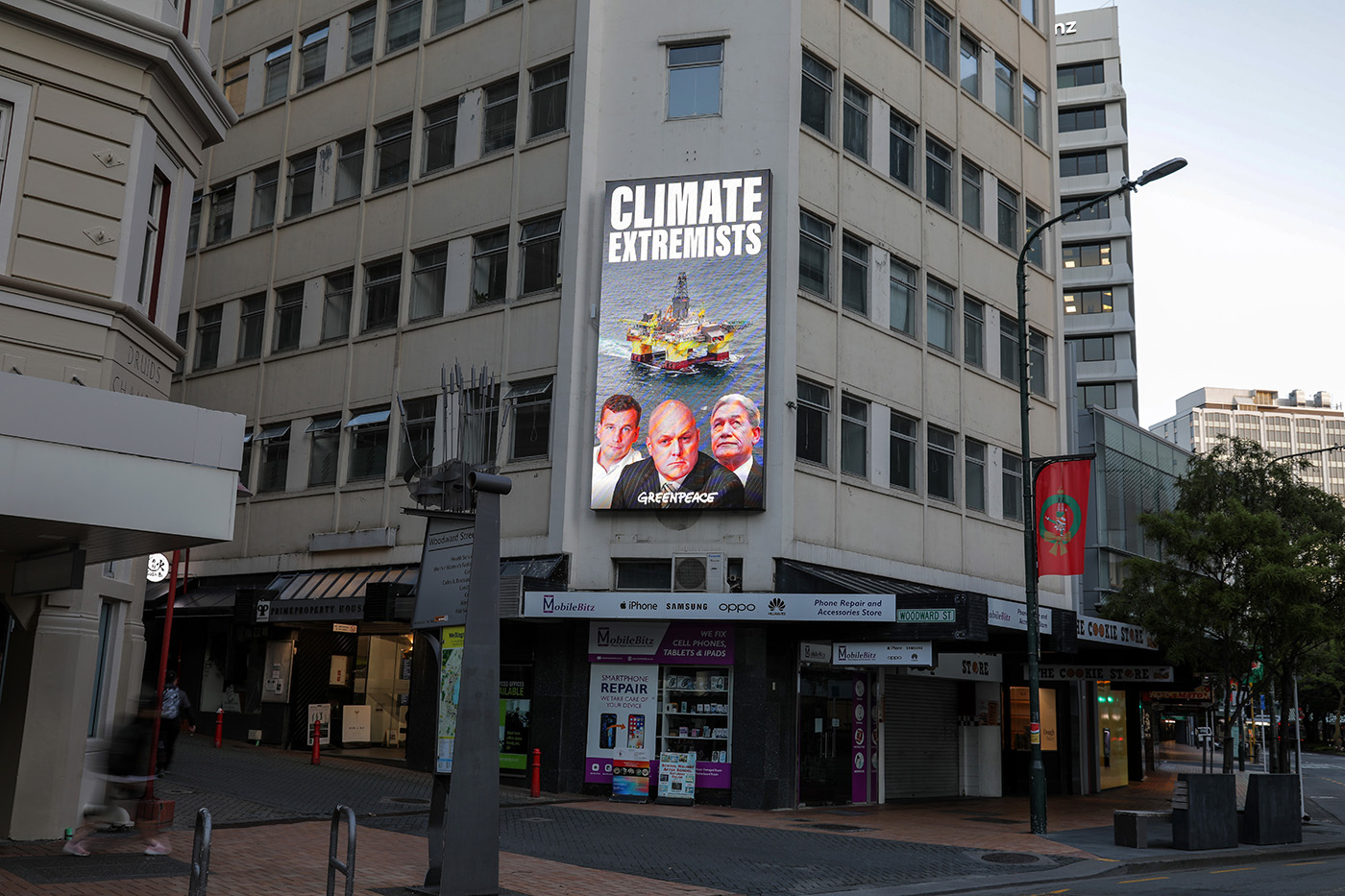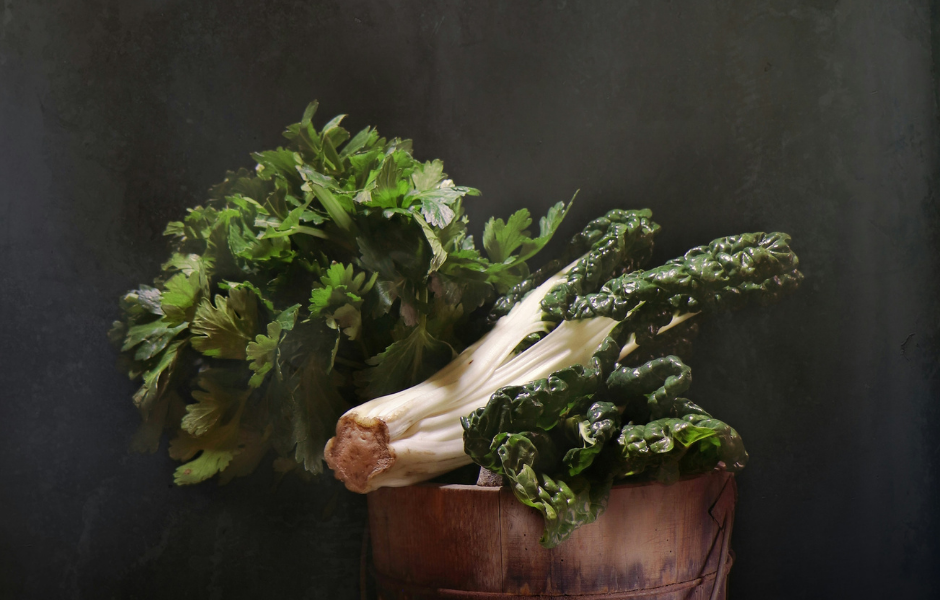On wednesday the Netherlands announced a plan to drastically transform the agriculture system which is expected to reduce livestock numbers by close to a third. Greenpeace Aotearoa says this sets an example for the New Zealand Government to follow.
Greenpeace Aotearoa’s senior agriculture campaigner Christine Rose says: “The climate and biodiversity crisis require us to cut cow numbers in Aotearoa. Other countries’ plans – such as this week’s Netherlands’ announcement to buy out intensive farming – are leading with demonstrations of what is possible, while NZ falls further and further behind. It doesn’t have to be this way: a cleaner, regenerative food system is just around the corner if only our political leaders step up and show the kind of leadership New Zealanders deserve.”
“Some call it a radical plan – but what’s really radical is continuing to allow intensive dairy corporates to pollute our rivers, poison the drinking water of local communities, and blaze the climate – all in the interests of private profit.
“Remedying decades of inappropriate subsidies and environmental destruction doesn’t come cheap, but it’s far less than the cost of inaction – the cost of our collective futures. This €25 billion investment by the Dutch coalition government shows that bold political leadership is still possible to address the multiple crises we face, such as climate change and biodiversity loss,” says Rose.
Freshwater scientist Mike Joy recently calculated that it would cost NZ$12billion to buy out industrial dairy polluters in New Zealand. That would mean a cost saving compared with the ongoing subsidies to industrial dairying required to address the impacts of synthetic nitrogen fertiliser and too many cows on the country’s waterways, rural drinking water supplies and the climate.
Greenpeace is urging the New Zealand government to not wait any longer to be left behind. Rose says “There is much that needs to be done in the transition to regenerative agriculture – but a good place to start is phasing out the synthetic nitrogen fertiliser that drives high cow numbers and industrial dairy in New Zealand.
Speaking in support of the Netherlands’ announcement, Dutch MP Tjeerd de Groot said “We can’t be the tiny country that feeds the world if we shit ourselves”.
Rose says this is true also of New Zealand.
“Synthetic nitrogen fertiliser is fuelling dairy intensification beyond the capacity of the land, water and climate that is being crippled. It’s time to end the use of synthetic nitrogen fertiliser and invest in the regenerative agricultural revolution that is 100% possible,” she says.

Join our call on the Government to go further than the Climate Commission’s inadequate recommendations and cut climate pollution from NZ’s biggest polluter: industrial dairying.
Take Action



